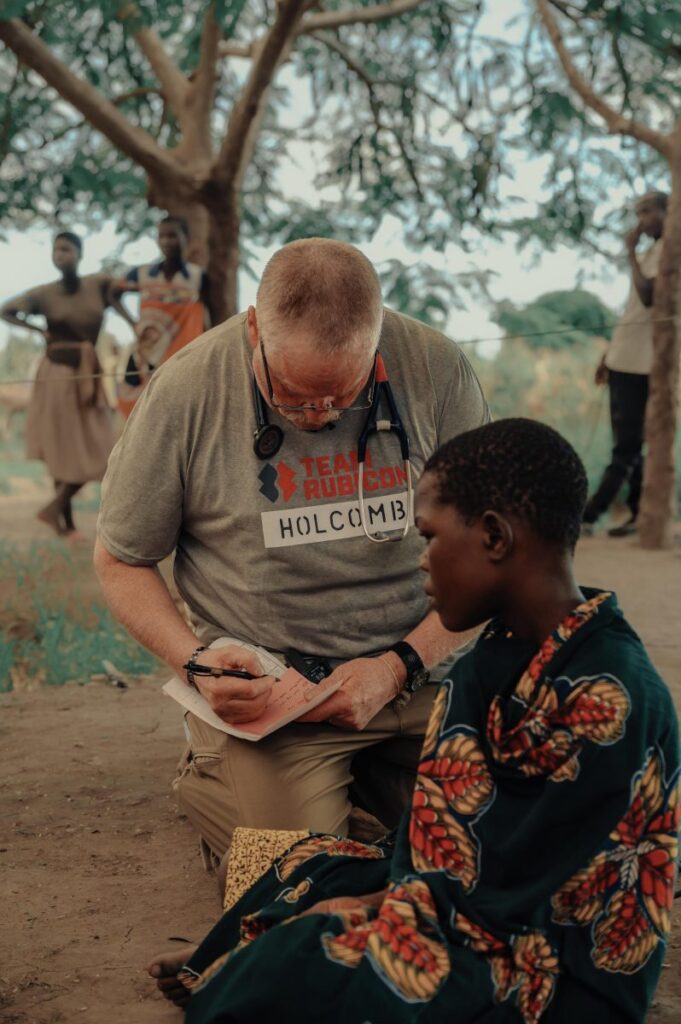First came the shortfalls in cereal production and high food prices that doubled the food crisis and caused an estimated 3.82 million people to experience acute food insecurity. Next came the devastating, historic cholera outbreak that killed more than 1,000.
Then came the wind and rains so fierce they dropped more than 42 inches of precipitation over the course of four days in some places. Rain that swamped the country, cutting off roadways, rising over bridges 35-feet above ground, and sweeping homes from their foundations. When Cyclone Freddy—the most energetic cyclone in history—arrived in the landlocked southeastern country of Malawi on March 12, it also killed more than 510 people and displaced half a million more.
Cyclone Freddy may set the world record for the longest lasting tropical cyclone. After being named on February 6, 2023, when it was off the northwest coast of Australia, Cyclone Freddy crossed the Indian Ocean, gathering strength as it went, before making landfall in Madagascar on February 21, and then making landfall twice in Mozambique—on February 24 and March 11. By the time Cyclone Freddy reached neighboring Malawi, it had accumulated even more strength and more precipitation. Over the next few days Freddy dropped massive amounts of rain, causing flash floods, taking out the nation’s hydroelectric plant, and sweeping away homes and community centers.

Now, in a country slightly smaller than the state of Pennsylvania, a population larger than the city of Fresno has been displaced by the cyclone and subsequent flooding. All while the country is in the grips of a historic cholera epidemic that threatens to worsen due to sanitation issues from flooding.
In response to the cyclone and requests from the Malawi Ministry of Health and the World Health Organization, Team Rubicon dispatched an Emergency Medical Team (EMT) Type-1 Mobile team to the country on March 27. The EMT Type-1 Mobile will serve in the Zomba area—already home to two IDP camps—where medical personnel can evaluate and care for individuals injured during the cyclone, as well as attend to critical care needs that preceded the March disaster.
Meanwhile, because Cyclone Freddy further contaminated water sources leaving, according to the Malawi Department of Disaster Management Affairs, more than 1 million people in urgent need of improved access to clean and safe water, sanitation and hygiene services, Team Rubicon is deploying a WASH team to the country this week.



